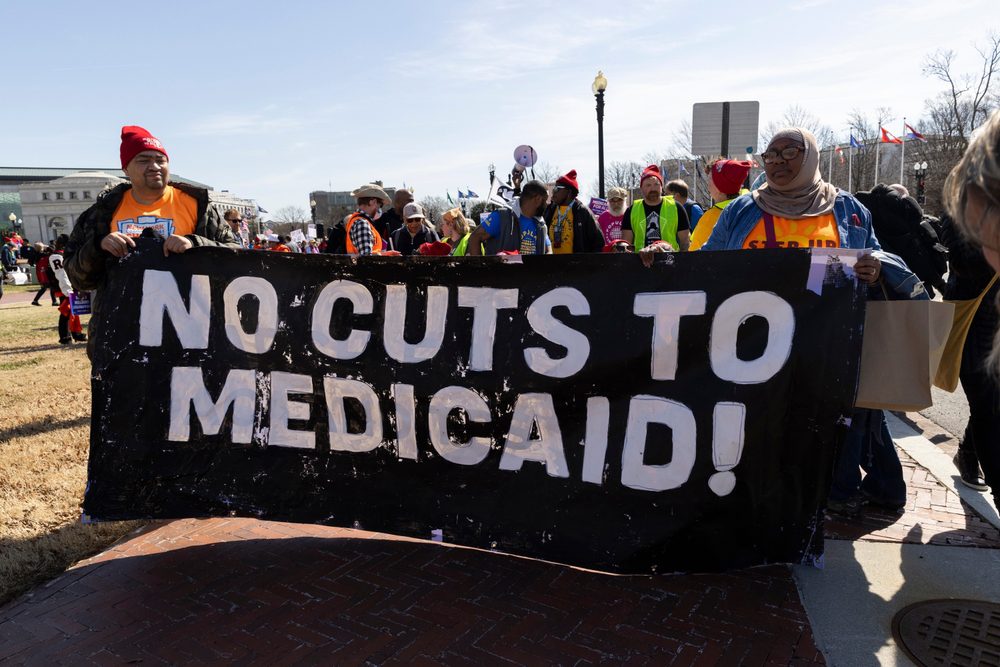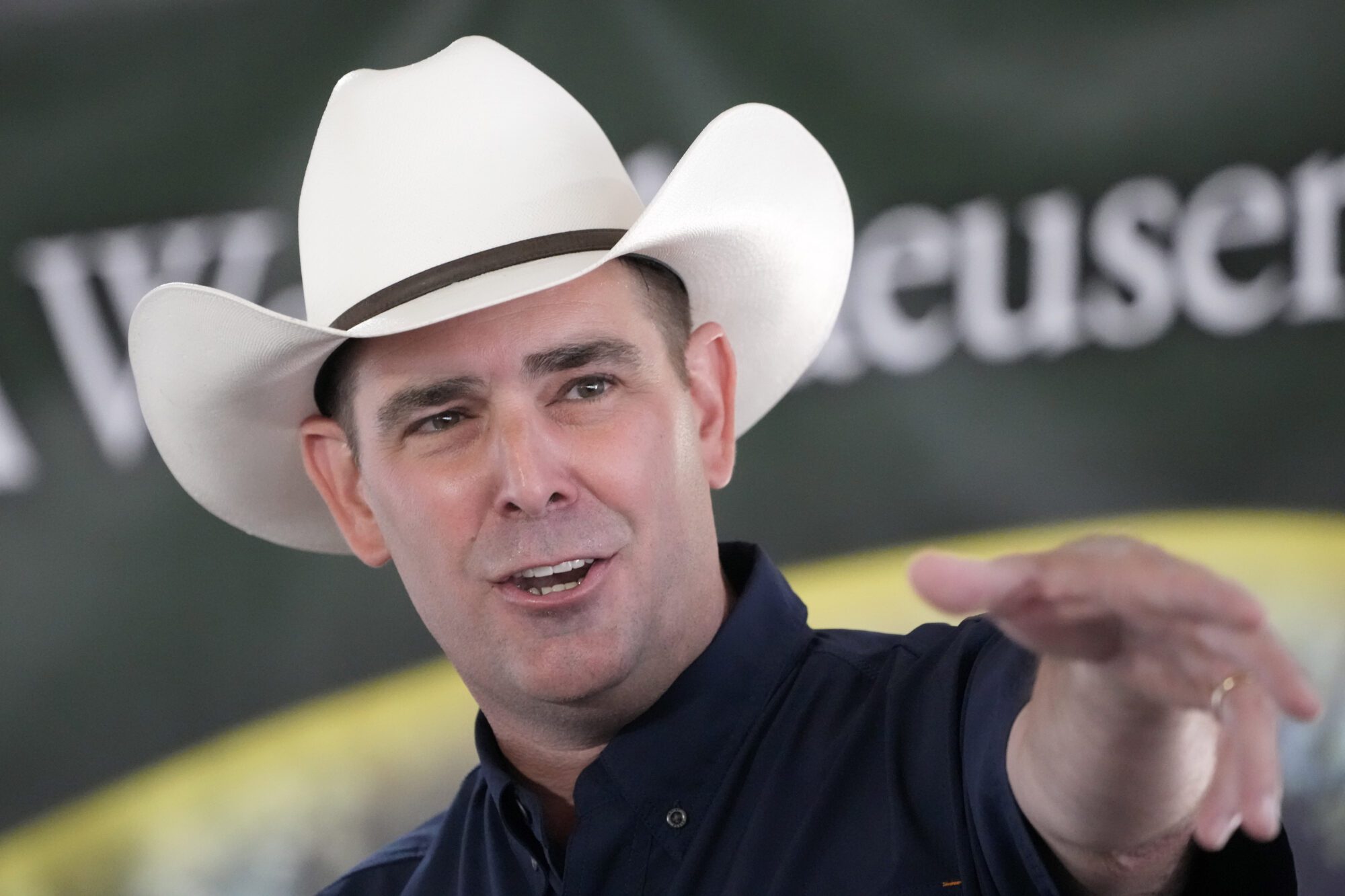
- The state could lose over $1 billion annually in private health insurance payments to providers if it expands Medicaid, with over 180,000 individuals shifted from higher paying private plans onto Medicaid.
Advocates for Medicaid expansion argue Mississippi is missing out on hundreds of millions in federal funds by refusing to expand. This argument ignores both the high cost of expansion to the state, as well as the billions in federal funds Mississippi would lose if it expands.
Full Medicaid expansion, like the plan passed by the Mississippi House of Representatives, would allow a new category of recipients — able bodied, working aged adults — to gain access to Medicaid if they earn 138 percent or less of the Federal Poverty Level (FPL).
Proponents contend that signing these individuals up for Medicaid would result in more federal money flowing to hospitals and medical providers (more on this topic in future installments). Expansion, though, would negate federal spending on other healthcare programs. Only one side of the ledger has been reported.
In addition to allowing for Medicaid expansion, the Affordable Care Act (commonly referred to as “Obamacare”) set up a federally subsidized healthcare exchange with private health insurance plans that could be accessed by individuals.
To aid lower income individuals, the ACA exchange provides a premium tax credit that covers the full premium cost of a plan if the person earns between 100 and 150 of the FPL.
However, in states that fully expand Medicaid, individuals earning between 100 and 138 of FPL lose access to to the premium tax credit and are shifted off of an ACA exchange private health insurance plan and onto Medicaid.
According to newly released data from the Center for Medicare and Medicaid Services (CMS), there are now 181,844 Mississippians earning between 100 and 138 of FPL enrolled in an ACA exchange plan. (Previous data received from the Mississippi Department of Insurance indicated enrollment of approximately 140,000).
Premiums paid on behalf of these individuals amount to over $1.34 billion annually. Under the ACA’s “medical loss ratio” requirement, at least 80 percent of these premiums, or roughly $1.1 billion, have to be spent on providing medical care to insureds. The remaining 20 percent can be spent on the overhead of operating the insurance business.
These private ACA exchange plans reimburse providers at a higher rate than Medicaid. Sources within the Department of Insurance estimated reimbursement rates 40-42 percent higher than Medicaid reimbursements, a statistic which has been repeated by Senator Kevin Blackwell in support of the Senate’s expansion plan.
Additionally, people in the 100-138 percent of FPL income bracket on an ACA exchange plan receive a “cost sharing reduction” for out of pocket expenses, like deductibles and co-pays. The federal government pays 94 percent of the out-of-pocket costs and the enrollee is responsible for just 6 percent. As a result of the cost sharing reduction, the average deductible on one of these plans costs the enrollee just $90 annually, according to the Kaiser Family Foundation.
Unlike with Medicaid expansion, where the state is on the line for 10 percent of the cost, all of the subsidy costs associated with ACA exchange plans is born by the federal government.
Should full expansion occur, the value of the premium tax credit to more than 181,000 Mississippians, the amount paid to providers by insurers on their behalf, and the out-of-pocket cost sharing reduction shouldered by the federal government would all dry up as people are transitioned to Medicaid.
Make no mistake, I do not believe that federal dollars are free, or that the goal should be to maximize “the draw down.” Taxpayer and deficit spending comes at a considerable price. I also do not believe that drawing down federal dollars is a return on investment, anymore than I believe spending on a credit card is a return on investment.
But if the idea of “losing out” on federal dollars is to be a cudgel in the debate over Medicaid expansion, it is worth noting that the analysis done to date is wanting. At best, Medicaid expansion would shift federal spending from one program — that pays higher rates — to another program.










